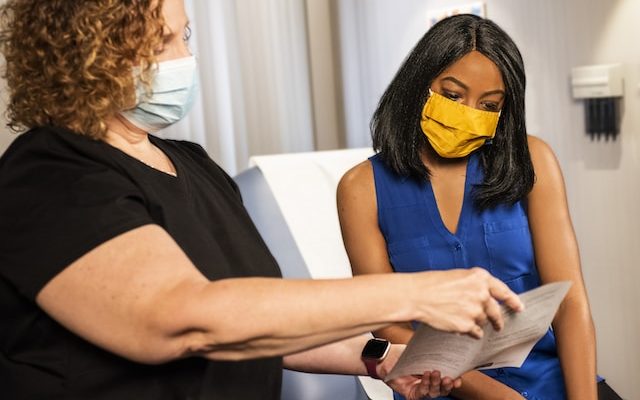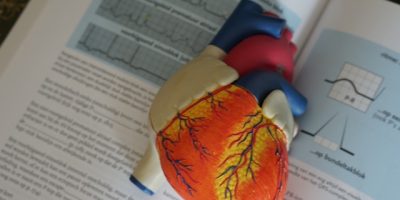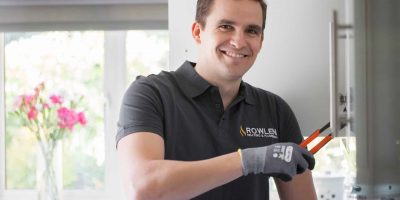To increase overall efficiency, optimize patient care, and simplify operations, the healthcare sector is adopting technology innovations.
Software as a Service (SaaS) apps have emerged as one of these advances’ most useful tools. The many ways that SaaS applications help the healthcare sector are examined in this article.
Interoperability and Integration
To achieve smooth data interchange and integration, SaaS apps like a payer solutions software are essential to modern healthcare’s interoperability. These programs are made to work with a variety of systems, including pharmacy, laboratory, and electronic health record (EHR) systems.
By guaranteeing that medical personnel have access to complete and current patient data, interoperability lowers the possibility of mistakes, expedites patient treatment, and enhances the patient experience in general.
Interoperability also facilitates data sharing across many healthcare stakeholders, which improves coordination and collaboration between different healthcare organizations and providers. Additionally, it makes it easier for patient data to be securely shared for research, meetings, and referrals, which eventually improves patient outcomes.
Data-Driven Decision-Making
Healthcare companies can benefit from SaaS apps’ useful data analytics and reporting features. These apps offer insights into the treatment of patients, allocation of resources, and operational effectiveness by analyzing enormous volumes of healthcare data.
Healthcare professionals may utilize this information to support the goals of the company by making well-informed, data-driven choices. These insights improve care quality and expedite healthcare operations through the modification of care plans, the optimization of resource allocation, and the identification of improvement opportunities.
Disaster Preparedness and Recovery
SaaS applications are essential to healthcare businesses’ preparedness and recovery from disasters. They provide cloud-based backup and data storage options, guaranteeing that vital medical records and patient data are safely stored offshore.
Healthcare organizations can quickly retrieve critical data, reduce downtime, and preserve continuity of treatment in the event of a natural catastrophe, cyberattack, or data breach.
This skill is essential for maintaining patient health and providing continuous medical treatment even in the event of unforeseen setbacks.
Enhanced Provider and Patient Communication
In the healthcare industry, effective communication is essential, and SaaS solutions improve provider-patient communication. Healthcare providers may communicate with patients more easily with the use of patient portals, video conferencing, and encrypted messaging services.
Patients are guaranteed to be able to seek advice, ask questions, and remain updated on their health thanks to this enhanced communication. It also encourages patients to follow their treatment regimens and gives them the confidence to take an active role in their healthcare process.
Healthcare professionals may also effectively interact with one another, encouraging cooperation and information sharing for more thorough and coordinated patient care.
Compliance Management
Because the healthcare sector is highly regulated, SaaS apps are a great help with managing compliance. These programs assist healthcare institutions in monitoring and complying with legal obligations, such as those pertaining to healthcare reporting standards and data protection (HIPAA).
SaaS-based compliance solutions make audits easier while lowering the possibility of penalties and legal complications. These programs assist healthcare providers in upholding the most stringent standards of patient privacy and data security by offering a full suite of compliance capabilities.
This preserves the financial stability and image of healthcare institutions by reducing the legal risks related to non-compliance and guaranteeing the protection of sensitive patient information.
Remote Patient Monitoring
A vital part of contemporary healthcare is remote patient monitoring, which is supported by SaaS apps. These systems provide remote monitoring of individuals’ vital signs and health issues by healthcare practitioners.
This type of monitoring minimizes the strain on healthcare institutions and reduces hospitalizations for people with chronic diseases by enabling early intervention. SaaS apps increase patient care, improve results, and eventually contribute to patients’ well-being by offering timely insights and notifications.
To ensure prompt response to any alarming developments, remote patient monitoring enables healthcare practitioners to follow and evaluate patient data in real time. By giving patients constant, individualized attention, this proactive strategy not only lessens the burden on hospitals but also improves patient outcomes.
Conclusion
To sum up, SaaS apps are becoming essential resources for the healthcare sector, providing a plethora of advantages. SaaS apps help to improve patient care, streamline operations, and deliver healthcare more effectively.
They do this by enabling centralized EHR systems, increasing telemedicine services, and boosting patient interaction. Through the utilization of these apps, healthcare establishments may effectively manage the intricacies of the healthcare domain while concentrating on their principal objective—enhancing the health and welfare of their clientele.














Comments